We know many of you might already be familiar with practicing outdoor ethics, especially if you yourself have an outdoor education background and/or you’re prone to adventuring with people who do. But as there are new hikers, mountain bikers, trail runners, and kayakers venturing into outdoor and backcountry recreation every day, we thought it would be great to feature a quick primer on how to practice outdoor ethics.
Here are five ways to practice outdoor ethics to promote conservation in the outdoors and minimize human impact. Sounds simple enough, right?
1. Explore on Durable Surfaces

- When we say durable surfaces, we mean established trails and campsites. Look to camp and hike on rock, gravel, dry grasses, or snow.
- How many Instagram photos have you seen of people pitching tents right next to water? It might look cool, but it isn’t good for the water and surrounding ecosystem. That's why it's important to camp at least 200 feet from lakes and streams.
- Use existing campsites on existing trails and keep your campsites small! (Look for places where vegetation is absent to pitch your tent. Don’t destroy vegetation to create a campsite.)
- On ALL trails (even wet/muddy trails): Walk single-file in the middle of the trail.
- In pristine/highly fragile ecosystems: Follow the trail/cairns precisely, even if that means you’re doing most of your hiking on rock vs. dirt trail.
2. Pack It In, Pack It Out
- Littering is the worst, even when it’s done on accident. Do a walk-through of your campsite and rest areas for trash/spilled foods. Pack out all trash and leftover food you find.
3. Leave it Wild
- Leave rocks, plants, and other natural objects as you find them. As much as you want to stack rocks and make a wildflower bouquet, leave rocks, plants, and other natural objects as you find them.
4. Be Mindful of Campfire Impacts

Very few Western states have been spared longstanding fire damage due to man-made wildfires, with more than a few started by illegal campfires and/or inattentive campers.
- Only make fires where fires are expressly permitted and use established fire rings, fire pans, or mound fires.Keep fires small and manageable.
- Burn all wood and coals to ash, and make sure your fire is out completely before you abandon it/go to sleep/leave the site. (Smoldering = It’s not completely out!) Douse it with water, stir, and scatter the cool ashes.
5. Respect Wildlife
- Always remember to observe wildlife from a distance.
- While we entirely understand the temptation in certain places (especially with friendly birds and squirrels), NEVER feed animals. Feeding animals can damage their health, alter natural behaviors, and spread diseases.
- Store your food and trash securely (in a locked vehicle is often the best place for food/trash, unless you’re in the backcountry, in which case, utilize bear-bags and bear boxes).
- Control pets at all times (and be mindful where pets are allowed vs. where they’re not), or leave them at home.
These five points are guiding lights for outdoor conservation, and are simple but profound ways each and every one of us spending time outside can advocate for and give back to the places we love.
Here’s to leading by example, and inspiring others to enjoy our public lands responsibly and keep it wild.
Narrator
This blog was thoughtfully written by Kerri Anne Stebbins. You can find her on Instagram @kerri_anne.


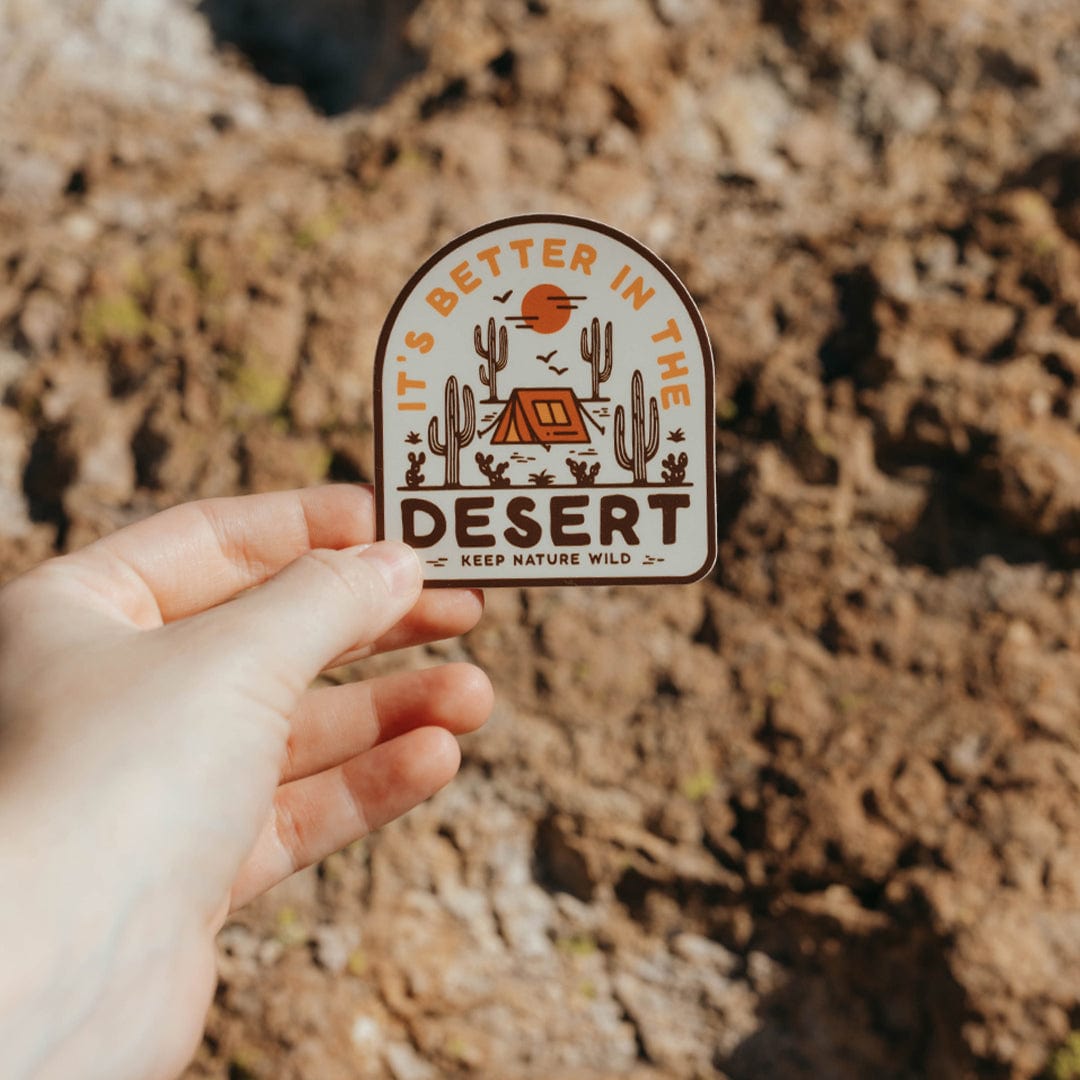
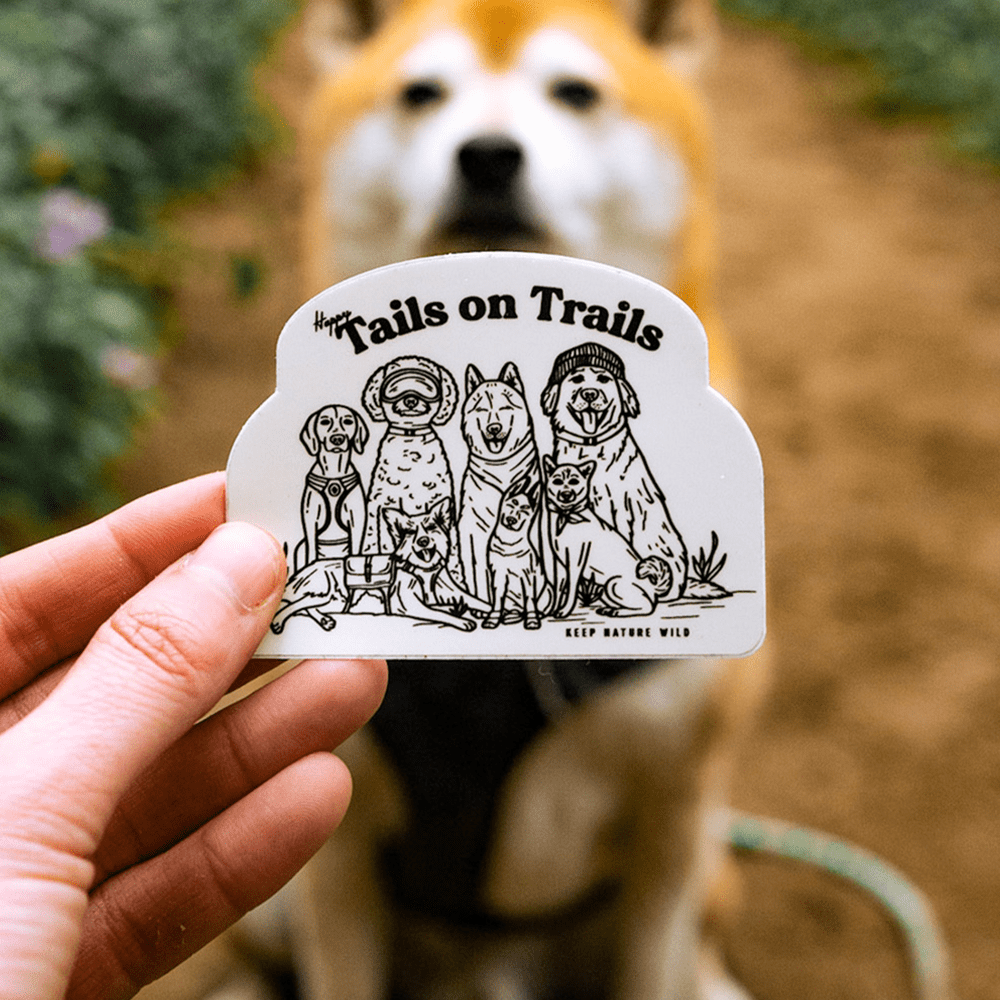
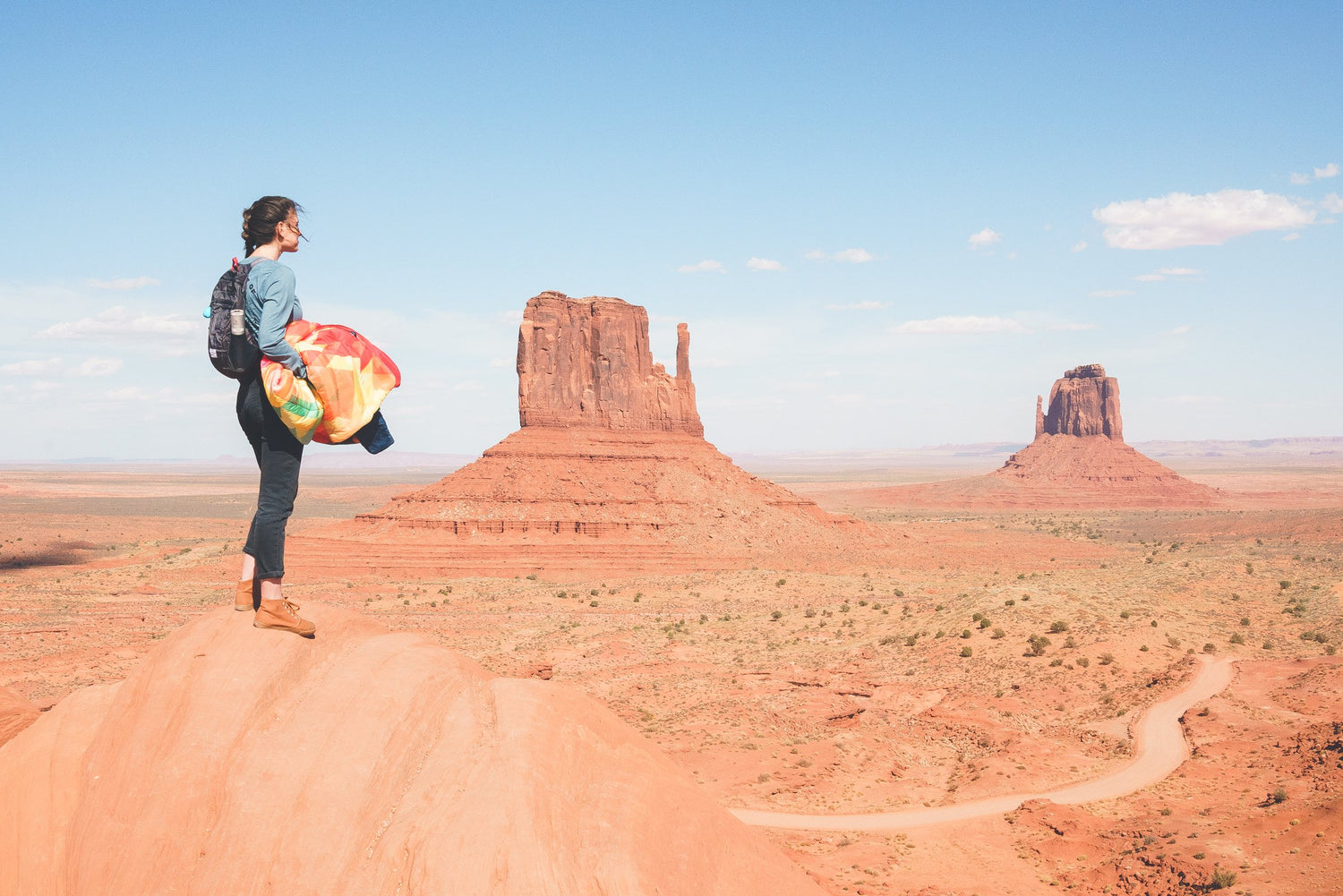
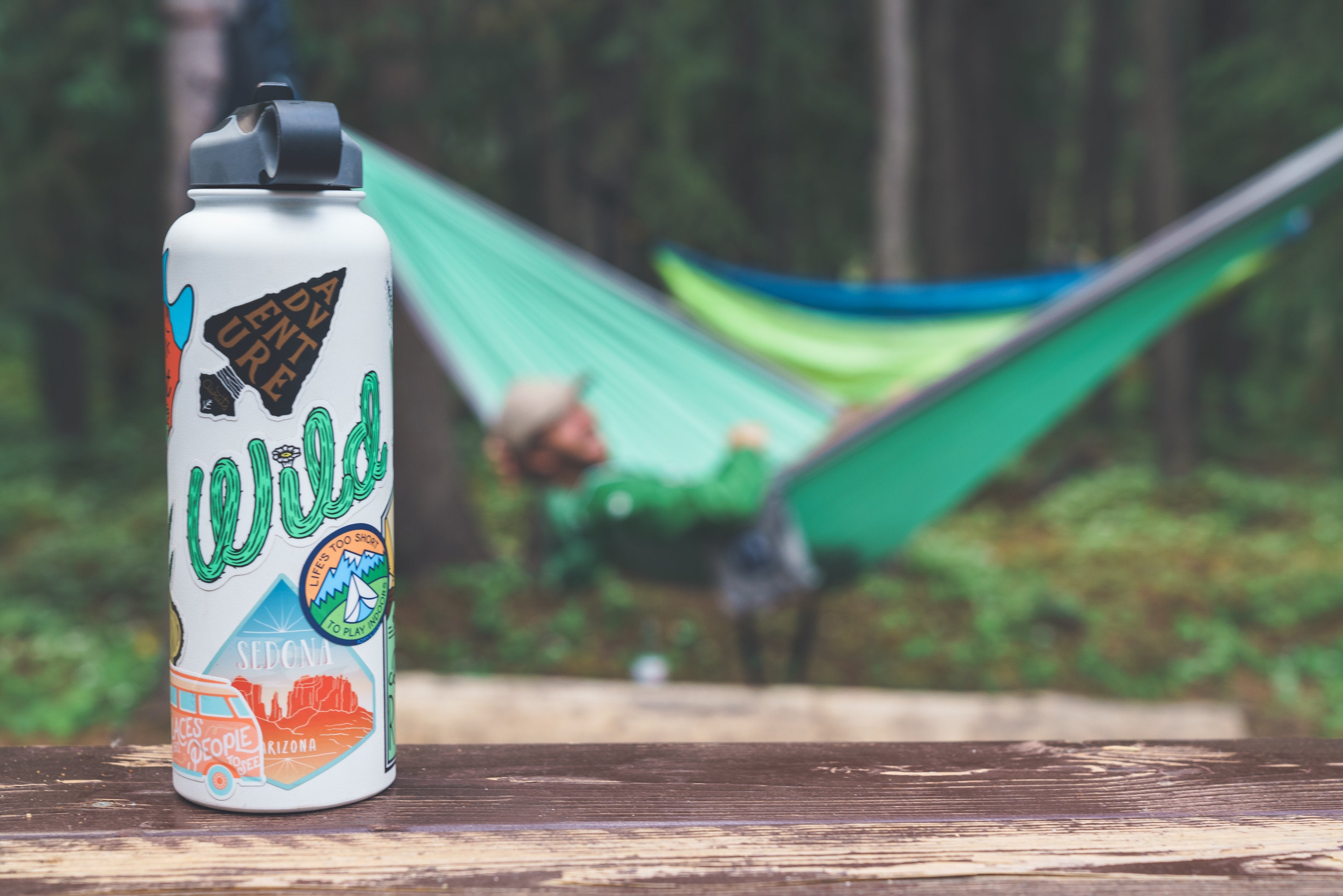
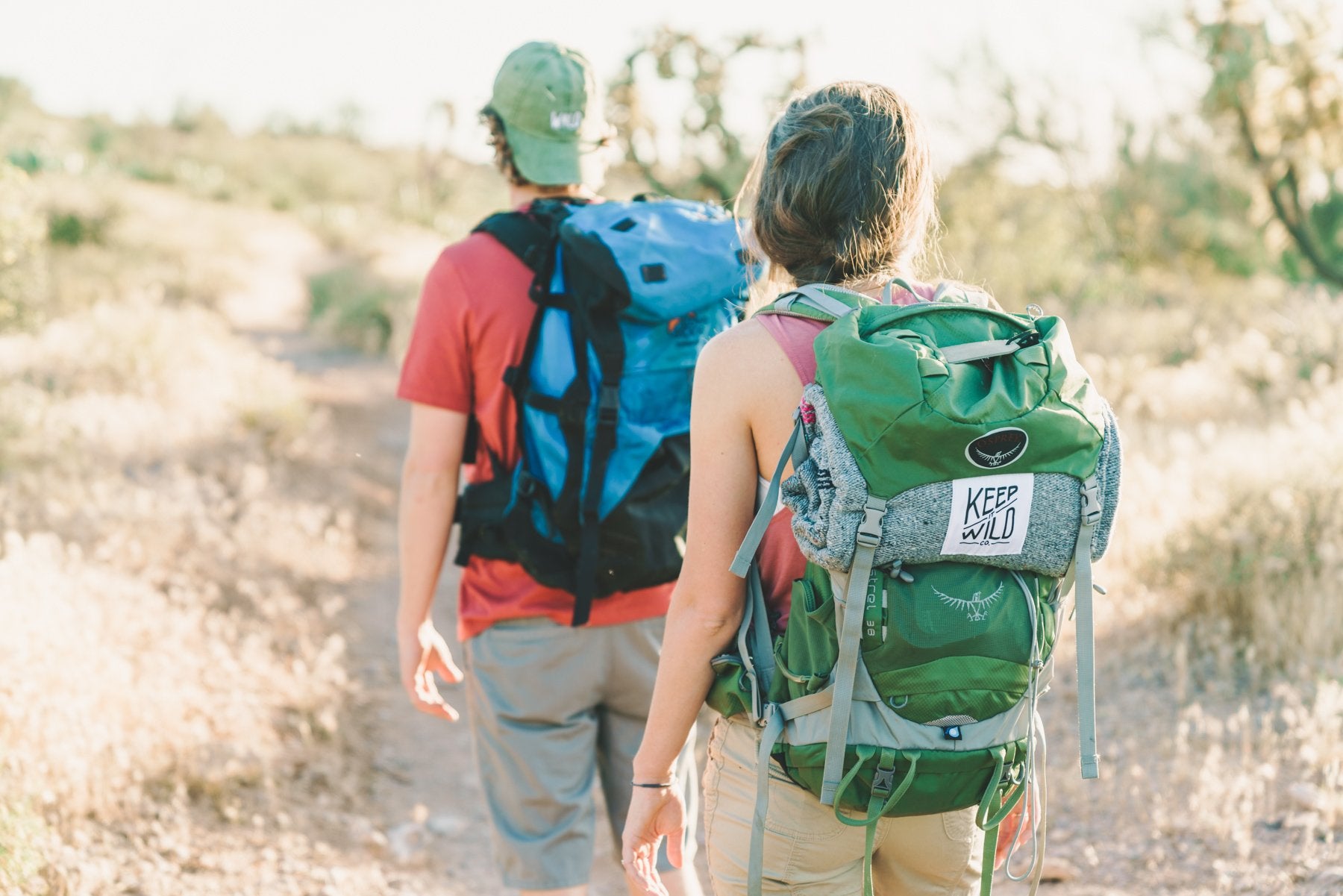



Leave a comment
All comments are moderated before being published.
This site is protected by hCaptcha and the hCaptcha Privacy Policy and Terms of Service apply.